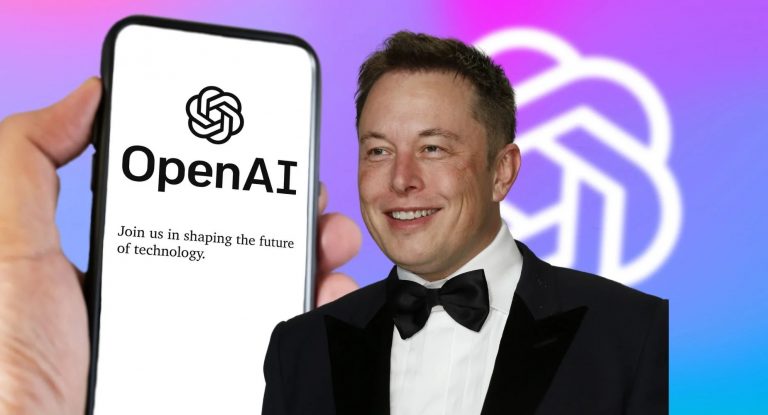
Elon Musk has intensified his legal pursuit against OpenAI, filing a motion for a preliminary injunction to block the company’s transformation into a for-profit entity.
The lawsuit, filed by Musk, his AI venture xAI, and former OpenAI board member Shivon Zilis, alleges that OpenAI’s shift towards profit-driven goals violates its original nonprofit mission and poses a threat to competition. Musk’s core argument centers on OpenAI’s alleged monopolistic behavior and its restrictive agreements with investors.
He argues that the company’s acceptance of billions in funding from Microsoft in 2019 marked a significant departure from its founding principles, leading to a focus on maximizing profits rather than advancing AI for the benefit of humanity. He also accuses OpenAI of entering agreements that allegedly violate federal antitrust laws, including deals that Musk claims restrict funding for potential competitors.
Register for Tekedia Mini-MBA edition 19 (Feb 9 – May 2, 2026): big discounts for early bird.
Tekedia AI in Business Masterclass opens registrations.
Join Tekedia Capital Syndicate and co-invest in great global startups.
Register for Tekedia AI Lab: From Technical Design to Deployment (next edition begins Jan 24 2026).
OpenAI however dismissed Musk’s claims as unfounded, reaffirming its commitment to innovation and transparency.
“Musk’s filing again recycles the same baseless complaints and continues to be utterly without merit”, a spokesperson at the company said.
The company is reportedly in early discussions with California’s attorney general’s office regarding its corporate restructuring. It is interesting to note that Musk’s legal battle against OpenAI for profit transition, marks his third attempt to challenge the company’s for-profit trajectory. Recall that he initially filed a lawsuit in California state court in February, and withdrew it in June 2024.
Following Musk’s withdrawal of the lawsuit, OpenAI quickly responded to his allegations, characterizing them as “incoherent” and “frivolous.” In their defense, the company pointed to several emails from Musk himself, dating back to OpenAI’s early days. These emails purportedly showed Musk acknowledging the necessity for the company to generate significant revenue to support the immense computing resources required for its AI projects. This evidence starkly contrasted with Musk’s claim that OpenAI was improperly pursuing profit.
Musk’s legal team, however, did not explain their decision to withdraw the lawsuit in the court filing. This development came just a day before a scheduled hearing on OpenAI’s motion to dismiss the case.
In an interesting twist, Musk refiled the lawsuit in federal court in Oakland in August 2024. The lawsuit accused OpenAI and its chief executive, Sam Altman, of violating contract provisions by putting profits ahead of the public good in the push to advance AI. OpenAI in a statement said the lawsuit “is even more baseless and overreaching than the previous ones.”
While pursuing legal action against OpenAI, Musk is also actively developing his own AI startup, xAI, which has recently seen a substantial increase in valuation. Launched in 2023, the company, has reportedly reached a valuation of $50 billion, which has seen the valuation more than double since May 2024. xAI addresses challenges in accountability, transparency, and user trust. It can transform industries and foster safer applications of AI
“If it tried to understand the true nature of the universe, that’s the best thing that I can come up with from an Al safety standpoint. I think it is going to be pro-humanity from the standpoint that humanity is just much more interesting than not-humanity”, Musk said speaking on ×Al capability.
It is understood that Musk has warned regularly that unrestrained development of AI broadly, computer systems performing tasks that typically require human intelligence, could be catastrophic for humanity. Last year, he was one of more than 30,000 signatories to a letter calling for a pause in work on powerful Al technology.
While he sees immense potential in the technology, he has also expressed concerns about its existential risks to humanity. This dual perspective has shaped his approach to AI development, leading him to advocate for responsible innovation and regulatory oversight.



